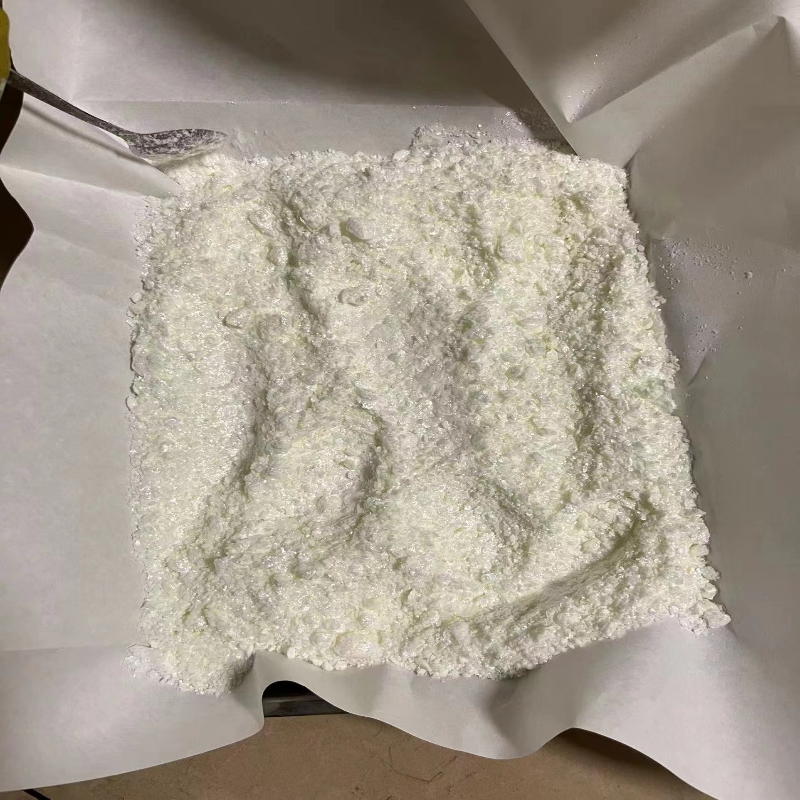-
Categories
-
Pharmaceutical Intermediates
-
Active Pharmaceutical Ingredients
-
Food Additives
- Industrial Coatings
- Agrochemicals
- Dyes and Pigments
- Surfactant
- Flavors and Fragrances
- Chemical Reagents
- Catalyst and Auxiliary
- Natural Products
- Inorganic Chemistry
-
Organic Chemistry
-
Biochemical Engineering
- Analytical Chemistry
-
Cosmetic Ingredient
- Water Treatment Chemical
-
Pharmaceutical Intermediates
Promotion
ECHEMI Mall
Wholesale
Weekly Price
Exhibition
News
-
Trade Service
Beverage and food giant PepsiCo wants to reduce the amount of virgin plastic per serving by 50% by the end of the decade
.
The New York State-based beverage and food giant said the new target applies to products across the company's global food and beverage line, including using 50 percent recycled materials in plastic packaging by 2030
.
The newly announced approach is part of the "pep+" or "Pepsi Active Initiative," which is described as "an end-to-end strategic transformation centered on sustainability, how the company will create growth and value
.
"
Jim Andrew, PepsiCo's Chief Sustainability Officer, said in a statement: "PepsiCo's new 'pep+' directly connects the future of our business to the future of our planet
.
By rapidly expanding the SodaStream ecosystem, we are satisfying consumers At home and away from home
.
At the same time, we also provide consumers with positive choices that use less plastic, produce less emissions, and are better for people
.
”
PepsiCo did not respond to a request for more comment
.
But As You Sow, a non-profit environmental group that has been pushing retailers, beverage and food companies to reduce plastic use, wants to see the timetable for change shortened
.
PepsiCo boasted a 50 percent reduction in virgin plastic per drink in its Sept.
15 announcement, the environmental group said, and the 20 percent figure came after As You Sow had a phone call with company officials the same day
.
Conrad Mackeron, vice president of As You Sow, said his group was pleased with the announced cuts, but noted that other companies had proposed similar targets related to 2025
.
"We do think the timeframe needs to be shorter and on par with their peers who have already committed to cutting emissions five years earlier," Mackeron said in a Sept.
16 interview.
"
I'm sure they will make progress by 2025.
"







